Tips to follow to reduce Pimples – Pimples or Acne which occurs mostly at the teen ages, becomes a burden for the youngsters. They do many things to get rid off the pimples by using creams to natural products.. But research says, to follow these simple tips or the slef help treatments if they have pimples or Acne on their face and body, which would really help them to reduce the pimples.
Tips to follow to reduce Pimples
Though there are many treatments out there in the cosmetic industry to treat pimple and acne, We must also follow some tips to reduce pimples.
Contents
Tips to follow to reduce Pimples
Diet
Researchers from New York University reported in the Journal of the Academy of Nutrition and Dietetics that a diet high in dairy products and high glycemic index foods increases the risk of developing pimples. The scientists also suggest that using medical nutrition therapy may help reduce the number and severity of acne outbreaks. Try to eat skin friendly foods.
Do not pop (burst) the pimple
There is a risk you may push the infection further down, causing more serious blockage and worse swelling and redness. Popping pimples also increases the risk of scarring. If you have an important event, such as a public-speaking engagement or wedding and it is important to get rid of a sightly pimple, get a specialist to treat it for you.
Washing your face
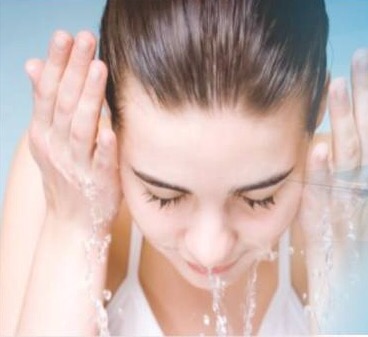
Wash your face about twice each day – not more often. Make sure you have a mild soap. Try to Use warm water. Wash gently. Do not scrub the skin. Experts advise the use of an OTC lotion which contains benzoyl peroxide.
Touching your face
Even though this may require some willpower, try to refrain from touching your face with your hands. If you are using a telephone, do not let receiver touch the skin of your face – it may have skin residue or sebum on it. Before touching your face make sure you always wash your hands with soap.
Hand hygiene
Keep your hands and nails as clean as you can by washing them regularly with soap. Keep your nails short.
Glasses (spectacles)
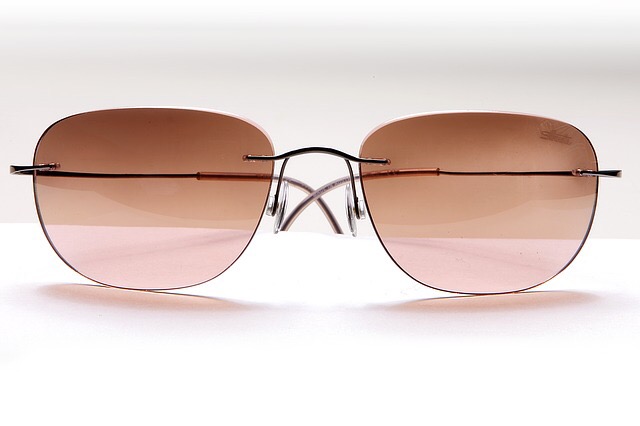 Glasses collect sebum and skin residue. Clean them regularly.
Glasses collect sebum and skin residue. Clean them regularly.
Loose clothing
If the pimples are on parts of your body covered by clothing, such as your back, shoulders or chest, wear loose clothing. Whenever possible, avoid wearing headbands, caps and scarves – if you have to wear them, wash them regularly. In short – allow your skin to breathe.
Makeup
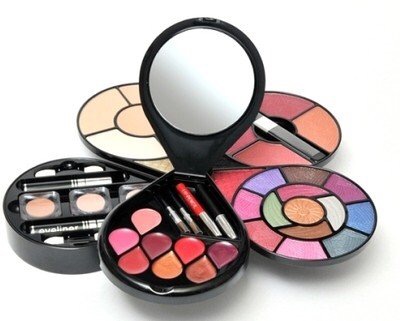 Make sure you have taken all your makeup off when you go to sleep. Only use makeup that is nonceomedogenic or nonacnegenic – you should be able to read this on the label. Any makeup that contains oil can make pimples worse in some individuals
Make sure you have taken all your makeup off when you go to sleep. Only use makeup that is nonceomedogenic or nonacnegenic – you should be able to read this on the label. Any makeup that contains oil can make pimples worse in some individuals
Keep your hair clean
If your hair becomes greasy, as a result of using some hair products, such as those with cocoa or coconut butter, then there might be chances to increase the pimples or acne. Also try to keep your hair away from your face. Keep it clean from dandruff too.
Sun exposure
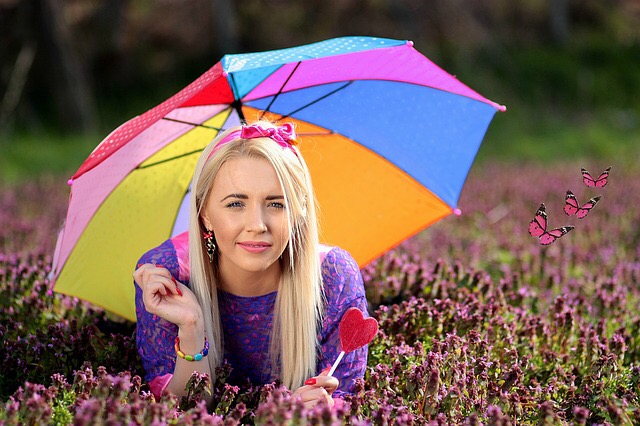 Overexposure to sunlight may sometimes result in the production of more sebum. Some medications used by people with acne may make your skin more prone to sunburn.
Overexposure to sunlight may sometimes result in the production of more sebum. Some medications used by people with acne may make your skin more prone to sunburn.
Shaving your face
Be careful when you shave. Either use safety razors (make sure blade is sharp) or an electric shaver. Before shaving, soften the skin with warm, soapy water before applying the shaving cream – the skin is softer straight after a warm shower.
Sometimes even though we take utter care to avoid pimples, there are also some medical Conditions and weather conditions which also causes pimples or acne and even make it worse in some individuals.
The menstrual cycle – females with pimples often find signs and symptoms worsen one or two weeks before their period (menstrual cycle) arrives. Experts say this is most likely due to hormonal changes that occur.
Stress and anxiety – hormonal levels may be affected by anxiety or stress, especially levels of adrenaline and cortisol. Both these hormones are thought to make acne worse.
Some climates – especially ones that make the individual sweat more can cause acne to worsen. An individual who is prone to pimples may find it more difficult to cope in hot and humid climates.
Sources:
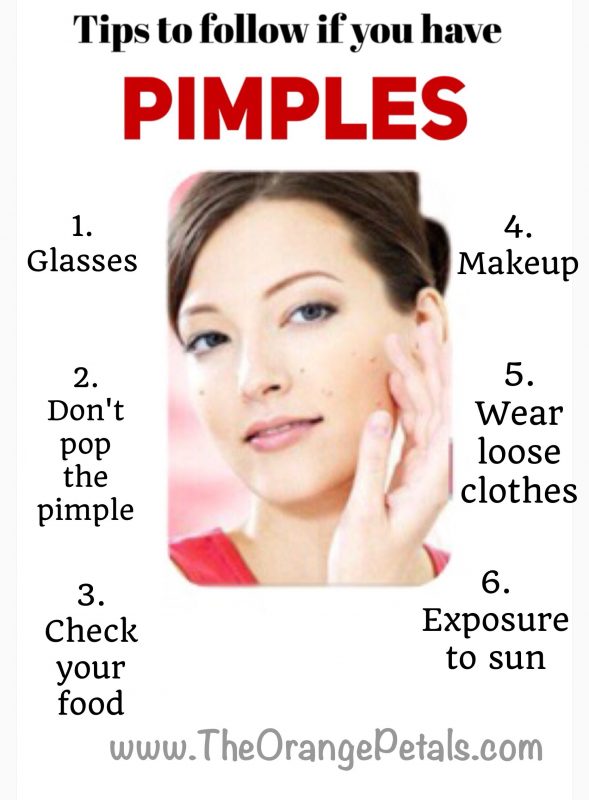
Leave a Reply